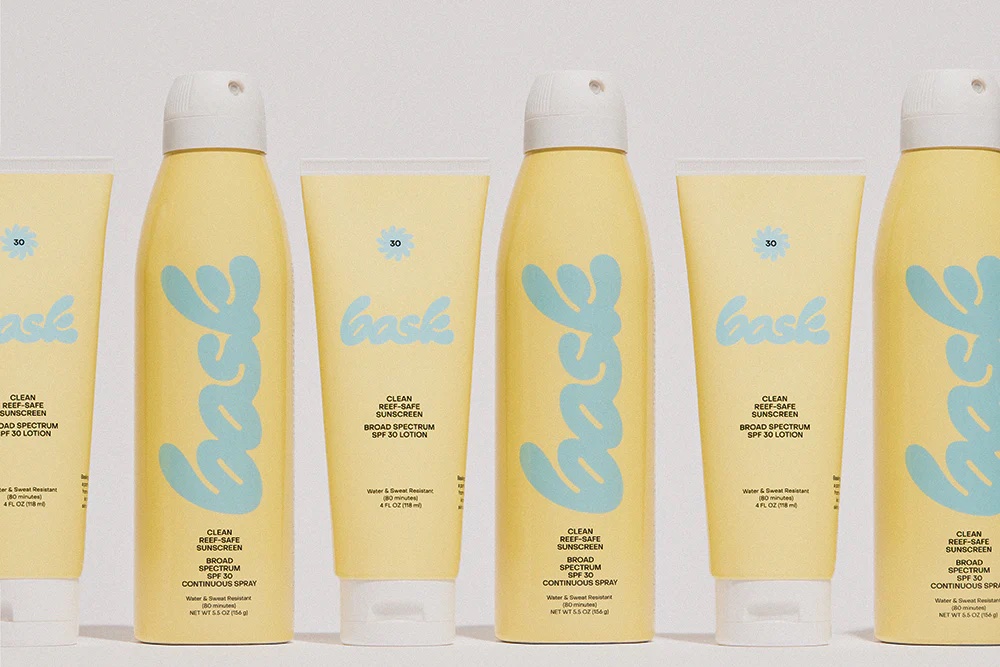- Blog
- Supply chain
Sunscreen Brand Bask Gets Burned By Supply Chain


With 2022 being the first summer since the pandemic where people are traveling, sunscreen companies should be back to pre-covid sales. But that’s assuming supply chain delays don’t burn them first.
Take Bask, for example. The DTC suncare brand ordered thousands of bottles last September, Retail Brew reports. In “normal times,” that shipment would’ve arrived by January (absolute latest).
But Covid lockdowns and delays led to longer than expected lead times. And now that same shipment will supposedly show up in late June – after seasonal demand starts drying up.
So, is Bask missing out on what should’ve been their sunniest time of year? Not exactly.
Months ago, sometime after the umpteenth delay, Bask CEO Mike Huffstetler decided to look for other manufacturers.
At the time, they had only 1 supplier on speed dial. So they phoned ~60 new contacts, looking for anyone with bottles to spare.
This proved to be a bigger challenge than anticipated. For quality control and FDA requirements, the replacement bottles needed to be made of a very specific plastic.
In the meantime, Bask fostered their fulfillment relationships because as soon as bottles showed up, it would be sink or swim for the suncare brand. That’s how they learned their Miami distribution center happened to have a “few thousand” suitable bottles “laying around.”
But it cost them. The DTC brand spent 2x as much on pre-summer inventory as projected. And they expect to spend 3.5x more for next summer’s stock.
But to make sure they don’t get burned twice, Bask has since diversified its supply chain. The brand now works with 3 suppliers. However, they plan to go down to 1 long-term provider when the supply chain settles.
They also never canceled their original order that’s expected to show up post-season. A move that will load up Bask’s distribution center with excess safety stock. And they’re not the only brand doing this.
In an emerging trend, retailers are strategically overstocking beyond demand forecasts to get ahead of supply chain delays and lock in prices. But the ones riding this wave risk tying up too much working capital in their inventory.
That’s because brands need cash to fund these larger purchase orders (and need more of it as raw material prices rise). And with markets currently in flux, it’s unclear if brands will keep getting favorable financing like they have been.
After all, stocks just saw their worst monthly fall since March 2020. And YCombinator, the accelerator program dubbed “a Silicon Valley kingmaker,” just urged its portfolio brands to “plan for the worst.”
Not to mention that Target and Walmart both missed their Q1 expectations thanks to excess inventory. Meaning, overstocking could leave smaller brands with their worst burn yet.